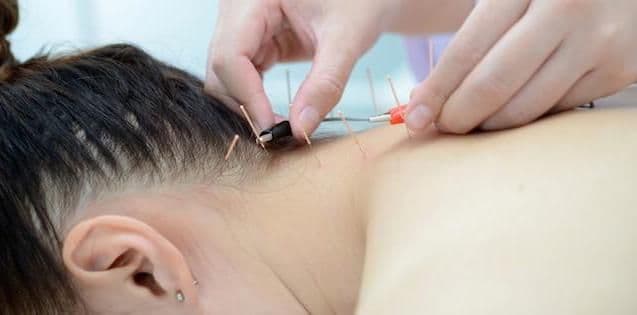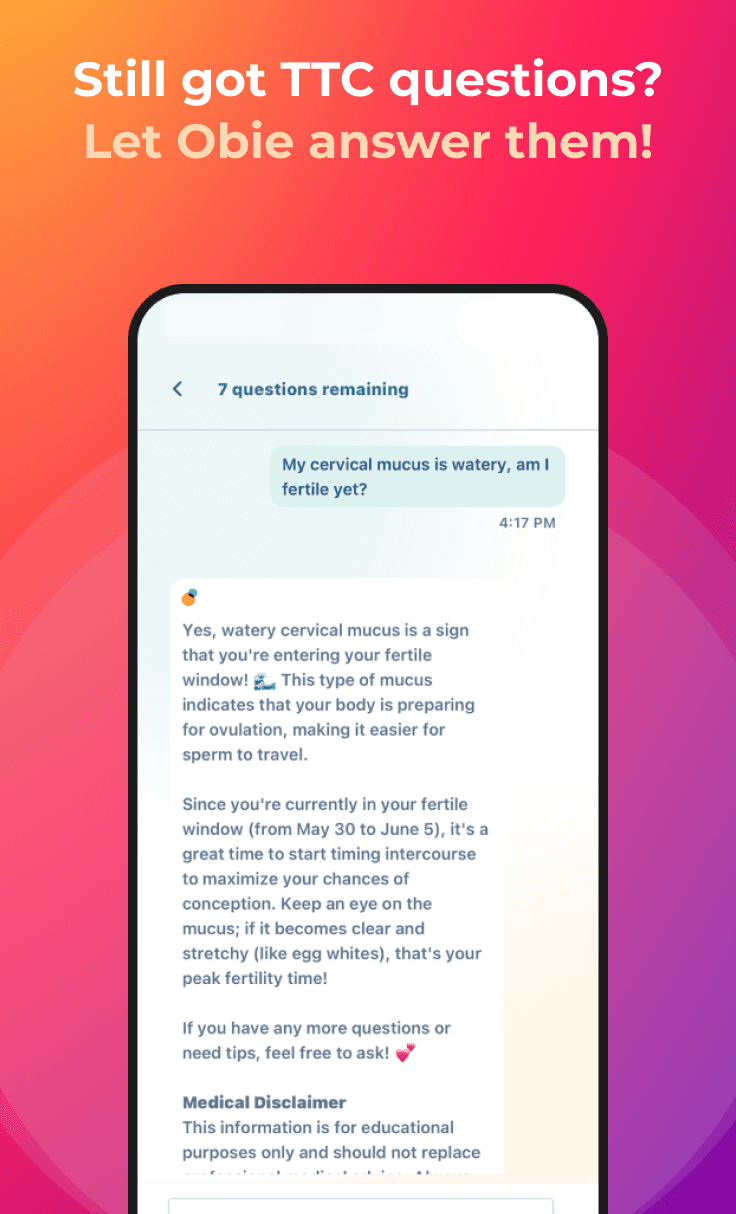The Benefits of Acupuncture on Fertility
Acupuncture
Obie Editorial Team

Why acupuncture?
The practice of acupuncture involves stimulating anatomical points using heat, pressure and/or thin metal needles with the goal of relieving ailments such as chronic pain and achieving optimal health. According to traditional Chinese medicine, acupuncture works by correcting the flow of "qi" (or energy) through channels called meridians. Patients most commonly use acupuncture for pain relief, though a number of other conditions are said to be treated through acupuncture.
Age-old practice
Acupuncture is one of the oldest healing practices in the world and has been practiced for thousands of years in China and other countries in Asia, according to the National Center for Complementary and Alternative Medicine (NCCAM). It is one of the main elements of traditional Chinese medicine and is now commonly used all over the world. According to the National Health Interview Survey of 2007, approximately 3.1 million adults and 150,000 children reported using acupuncture in 2006 in the United States, where the practice falls under the category of complementary and alternative medicine (CAM).
Real or imagined benefits?
Researchers are currently looking for a scientific explanation of the perceived benefits of acupuncture. Many studies are presently underway in order to test the effects of this ancient technique on a wide array of conditions. While some practitioners swear by its benefits, others claim they are the results of the placebo effect. Still, a number of promising studies on the benefits of acupuncture and conditions like infertility have already been released.
If you are interested in seeking acupuncture it is recommended that you find a qualified practitioner through your health insurance provider or a national acupuncture organization. Be sure to check the practitioner's credentials before receiving treatment, and speak to your doctor about any existing conditions and whether acupuncture might help.
More on acupuncture:
- Acupuncture Increasing Fertility Rates
- Acupuncture to Treat Infertility and Improve Fertility
- Trouble with Fertility? Try Acupuncture
- Acupuncture for Indigestion
Source: "Acupuncture: An Introduction." National Center for Complementary and Alternative Medicine (NCCAM). National Institutes of Health. September 2012. Web. Retrieved 20 May 2014.








